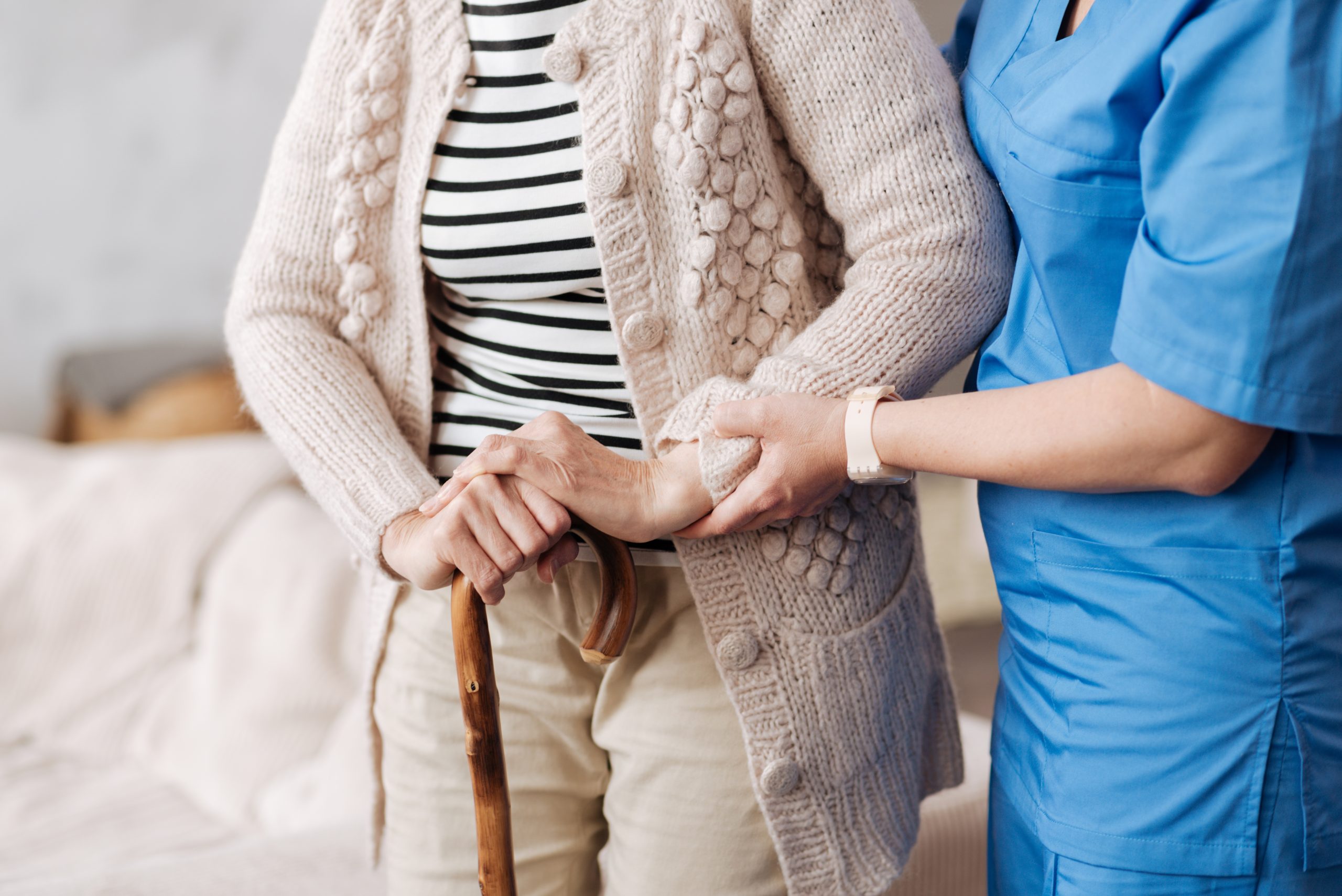4 Ways to Prevent and Treat Seasonal Depression in Seniors

With winter on the way, it’s important to be aware of the associated physical and mental health risks for older adults. While Seasonal Affective Disorder, also known as seasonal depression, is common among all ages, seniors may have a higher risk of developing it. But depression is not a normal part of growing older, and with proper care, seasonal depression in seniors can be prevented and treated. Read on to learn more.
What is Seasonal Affective Disorder?
Seasonal Affective Disorder (SAD) is a form of depression brought on by a change in seasons. SAD is usually experienced during the fall and winter and is more common in communities far from the equator, where winters are colder and darker (that means us, Minnesota).
The exact cause of SAD is unknown, but a likely cause is decreased exposure to natural light during the winter. Sunlight has an important effect on our brain chemistry and circadian rhythm. Shorter daylight hours can interrupt our internal clocks and lower our serotonin levels, leaving us at greater risk of depression.
Another possible explanation is increased isolation during the winter. Cold temperatures and harsh weather cause many people to hunker down at home for days or weeks at a time, leading to less social interaction. Too much alone time can bring feelings of loneliness and depression.
Symptoms of SAD include:
- Feeling sad most of the time
- Loss of interest or enjoyment in hobbies
- Low energy or fatigue
- Changes in appetite
- Changes in sleep patterns
- Restlessness
- Difficulty concentrating
- Feeling hopeless, worthless, or guilty
Why Are Seniors Especially Vulnerable to SAD?
Seniors face an increased risk of SAD due to several reasons. The CDC states that about 80% of older adults have at least one chronic health condition, and 50% have two or more. And unfortunately, depression is more common among people with other serious illnesses.
The limited mobility that affects many seniors also compounds with harsh winter conditions to create even greater isolation during the colder months. And the lack of sunlight exacerbates existing Vitamin D deficiencies that many older adults suffer from, further disrupting serotonin levels.
Add these challenges to the fact that mental health struggles are often ignored and untreated among seniors, and the door to seasonal depression is left wide open. Fortunately, a healthy community and intentional care can go a long way toward managing this issue.
4 Ways to Prevent and Treat Seasonal Depression in Seniors
Depression is not a normal part of growing older, and like any other medical condition, it’s entirely treatable. Here are four strategies for maintaining good mental health this winter.
- Increase Light Exposure: As we’ve seen, fewer daylight hours are detrimental to our brain chemistry, mood, and internal body clocks. To remedy this, try spending a little bit of time outside every day. This can be as simple as taking a 10-minute walk. Alternatively, you might try spending more time in rooms with large windows to soak up as much sunlight during the day as possible. Some people find light therapy helpful, which involves sitting in front of a light box meant to replicate natural light. It’s best to consult your health care provider before using a light box to make sure it’s right for you.
- Seek Out Social Interaction: Since isolation brought on by winter weather is a key factor in seasonal depression, it’s important to find ways to spend time with other people. If you can’t travel much, you may want to call or video chat with friends and family. This may also be a good time to get to know your neighbors better, so you can enjoy the company of friends without traveling far. At our Southview Senior Communities, we offer an active social calendar with activities planned 7 days a week. Events and amenities make it easy for our residents to make friends, stay connected, and be part of a community.
- Invest in a Healthy Lifestyle: Keeping your body healthy can do a lot of good for keeping your mind healthy. Even simple exercises can reduce stress and increase the quality and length of your sleep. That’s why we’re proud to offer fitness centers at our communities. Our chefs also prepare delicious, well-balanced meals that can increase energy levels and heighten moods.
- See a Professional: Many adults struggle with mental health, and talking to someone about it can help immensely. Medical providers can prescribe antidepressants and suggest other treatments. Therapy and counseling can also improve symptoms and provide critical understanding, support, and compassion. If you suspect that you or a loved one might suffer from Seasonal Affective Disorder, reach out to a medical professional so you can obtain a diagnosis and begin your road to better mental health.
Embrace Community
If you or a loved one are looking for a senior living residence that offers personal care and fosters independence, come visit one of our Southview Senior Communities. We understand that everyone comes to us with their own story, so we tailor our services to every resident to ensure a welcoming environment. Contact one of our locations or schedule a tour today!

